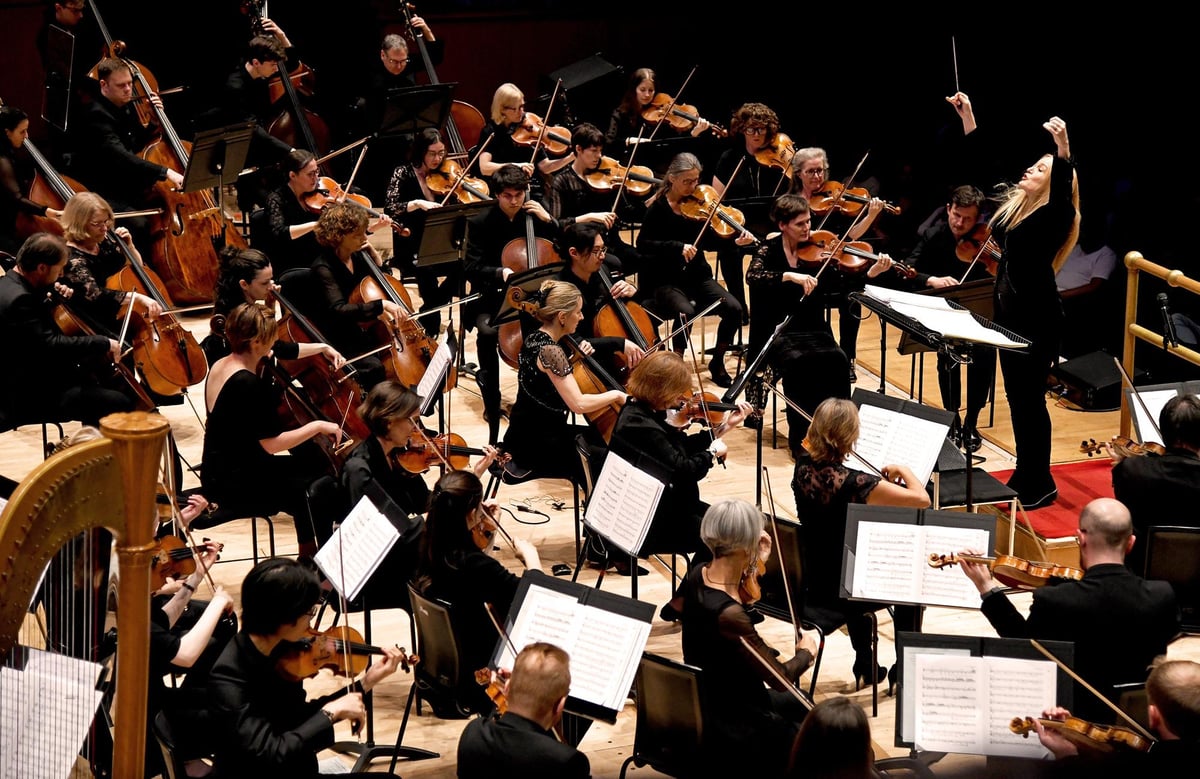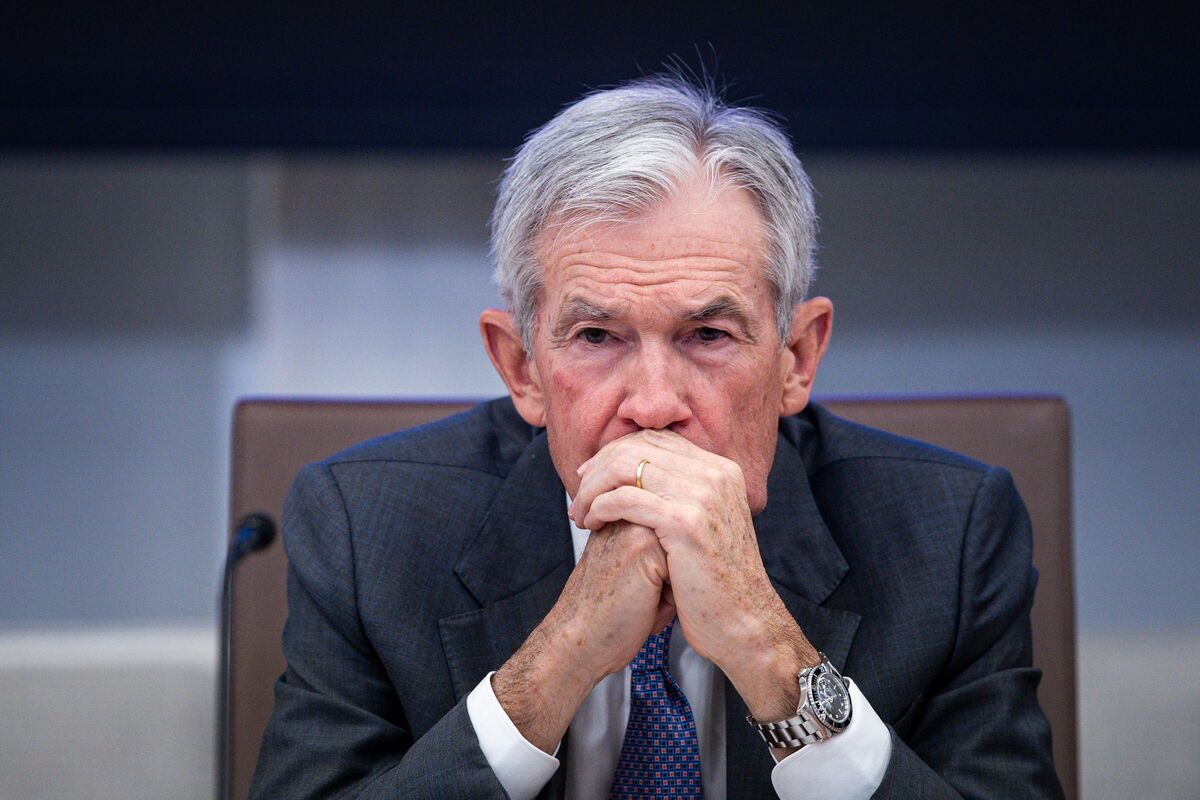Copyright scotsman

When I started this job in February, it seemed that I'd inherited a suddenly - and unexpectedly - financially stable sector. Creative Scotland funding for Scotland's arts organisations had just been announced and was better than expected, both in volume and length: many grants were multi-year funding lasting three years, allowing creatives to plan ahead. Everyone - well, most people - were happy. I have to say, this was something of a surprise. I don't have a great track record as a journalist for taking on stable sectors. I became a business reporter a matter of weeks before the first cracks signalling the start of the 2008 financial crash began to show. In 2022, I started a long-planned new role as world editor at this paper, just two days before Vladimir Putin invaded Ukraine and eight months before the 7 October attacks in Israel which sparked the atrocities in Gaza. I've covered politics during both the Scottish independence referendum and the Covid pandemic. In short, the arts sector should have been worried. Of course, it turns out not everything in the arts garden is rosy. Despite the rise in funding - the Scottish Government has committed to investing at least £100 million more annually in the arts by 2028-29 - many arts organisations are running to stand still. And money, to paraphrase Barrett Strong (or indeed the better known version of his song by The Flying Lizards), is what they want. Recently, I've examined the most recent accounts of the Royal Scottish National Orchestra (RSNO), which saw its surplus half in the past financial year, despite having recorded record ticket sales and increased income by 50 per cent since 2019, mainly due to increased costs from Brexit red tape when touring and a rise in employer National Insurance contributions. I've also reported on the Royal Lyceum Theatre Edinburgh, which will need to hold a capital appeal to make its crumbling buildings fit for purpose, and Fringe venue groups Pleasance and Underbelly, which have both, in different ways, struggled financially in recent times. RSNO chief executive Alistair Mackie summed it up perfectly when he expressed his frustration that at a time when his organisation is thriving - selling more tickets than ever before; bringing in an increased amount from philanthropy and fundraising and generating income from commercial recordings - it is all "just going out the door in increased costs". On a more positive note, the project to transform the former Royal High School into a new National Centre for Music got a £4.5 million boost from the National Lottery Heritage Fund, moving it significantly closer to its overall fundraising target of £70m. Headbanging ballet Last week, I dusted off my ballet shoes to try my hand at a routine with the principal dancer of Birmingham Royal Ballet, who was performing Black Sabbath at the Festival Theatre. While I was a complete novice in my attempt at tap last month, ballet is a little more familiar to me and the tendus, ronde de jambes and arm positions came back as muscle memory despite a 30-odd year break. The headbanging and air guitar not so much. Watch my efforts here.



